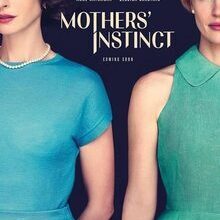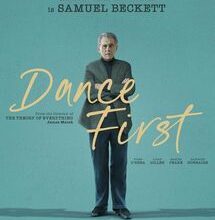
Lady in the Lake
Lady in the Lake
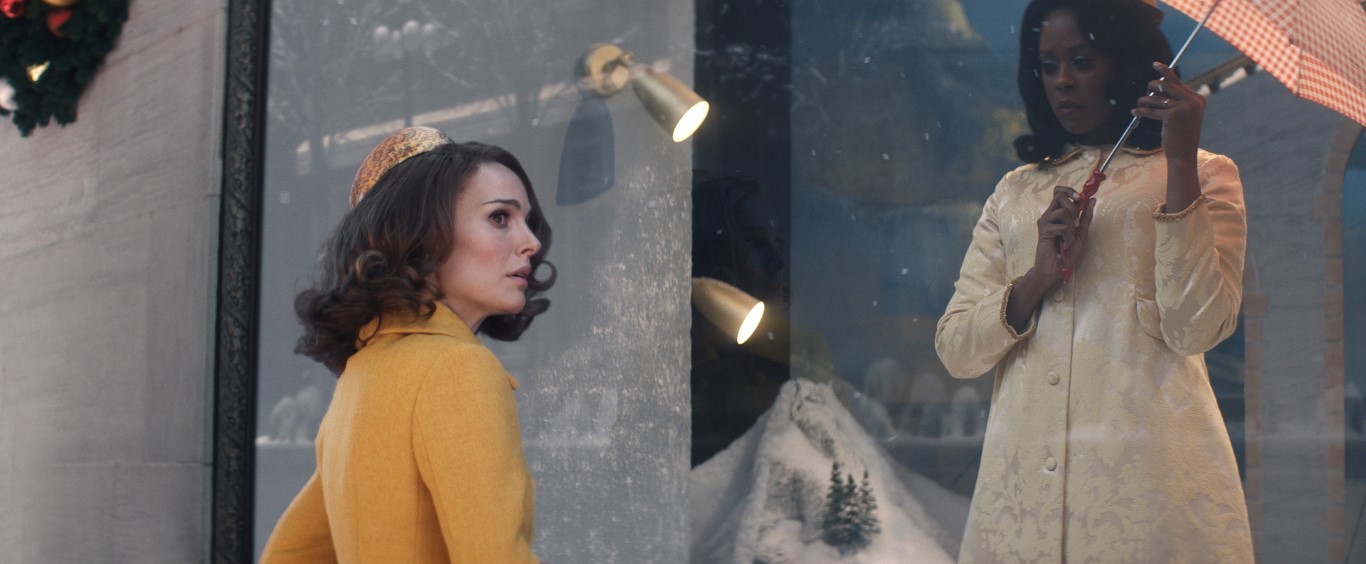
Within the first two minutes of Apple TV+’s “Lady in the Lake,” we learn that one of the series protagonists is dead. We watch as Cleopatra “Cleo” Johnson (Moses Ingram) is flung from the shoulders of an unnamed man into a lake, until her body disappears beneath the murky waters. Throughout her death, her monologue, done through voiceover, makes it apparent that while she may be dead, Cleo will haunt the narrative, and the people who had a hand in her demise. She directs this monologue to one character in particular: the series’ other protagonist, Maddie Schwartz (Natalie Portman). “You came in at the end of my story” she tells Maddie. “And turned it into your beginning.”
The series is based on the 2019 Laura Lippman novel of the same name, which was inspired by two real-life murders that happened during Lippman’s youth in Baltimore. The seven-part limited series follows Maddie, a Jewish housewife who is stirred out of her weary existence after a young girl from her community goes missing. An avid writer in her free time, she’s desperate to make a name for herself by investigating the girl’s disappearance, but while it initially feels like it comes from a selfish place, perhaps she’s closer to this missing girl than she wants to admit.
On the other side of Baltimore is Cleo Johnson, who Maddie first spots in a department store window. She’s dressed to the nines, almost immobilized through her modeling: a perfect representation of a doll. The way she’s framed in this first scene directly references how Maddie will continue to see Cleo throughout the series, stagnant and a perfect prop to use for her own successes. While this interaction is the only one they directly share, over voiceover it becomes clear that the two will somehow become tethered together. As viewers follow Maddie’s investigation, and her tone-deafness to the struggles of the Black community she moves into, Cleo’s final weeks play out in a similar fashion to Maddie’s.
The two women share little, yet their stories are paralleled. Maddie’s life as a housewife crumbles quickly — within the show’s first episode — and the life Cleo is attempting to build for herself and her children is unwoven by powers out of her control. While Maddie seeks agency by moving out of the suburbs and into a Black Baltimore neighborhood, Cleo’s story becomes gripped and controlled by the men around her. The contrasting of their stories could leave a bad taste in one’s mouth, but as the series unravels, director Alma Har’el handles this story with an appreciated amount of care.
Cleo is often heard recounting the story at hand through narration, but after the first episode she takes a much larger role. Ingram and Portman share almost as much screen time as the other, and the show is all the better for it. Her character’s name, Cleopatra, is one that commands power and it’s fitting for a character played by Ingram, who feels revelatory to watch. With each tear that leaves her eye and each broken word that leaves her mouth, you feel as if you’re watching a star be born. The series is at its most interesting when she’s on screen, and thankfully, it’s apparent that Har’el and her camera both know this.
The camera also frames its surrounding actors and set pieces exquisitely. There are an abundance of club scenes throughout “Lady in the Lake,” but there is a singular sequence featuring Ingram in Episode 3, that is a series standout. After witnessing something she shouldn’t have that begins to haunt her every move, Cleo takes to the club to release her inhibitions. Ingram throws her body around as if she’s exorcising demons, feet thumping on the club floor until it almost drowns out the singer on stage. Har’el frames the surrounding bodies on the dancefloor as if she’s filming churchgoers at a sermon, understanding this inherent link between dance and freedom.
This is where “Lady in the Lake” is the best version of itself: when winding plotlines are abandoned for striking sequences that showcase the talents of everyone from the music supervisors to the actors on screen. And this only increases as the show goes on. While its pilot is quite weak, Har’el and everyone involved up the ante with every episode, until it becomes one of the most interesting limited series in a post-“Big Little Lies” world. In a streaming climate filled to the brim with series like this, it takes a lot for them to stand out. Thankfully, it feels as if everyone involved with this project gave it their all, and the result is fascinating to watch.
“Lady in the Lake” is an adaptation done right, and while the blending of the two stories doesn’t always flow as well as it needs to, it’s impossible to not be intrigued by both Maddie and Cleo’s separate lives. The darkness Har’el leans into gives this series some cutting edge that the genre desperately needs, and it allows the story to bloom into something wholly original. From Mikey Madison reciting a haunting monologue from one of Anaïs Nin’s diaries, to Maddie’s fractured teenage memories, it feels like just when we as the audience think we understand where this show is going, the rug is ripped from beneath our feet, pulling us into the dark unknown along with the series’ characters.
All episodes were screened for review.
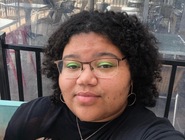
Kaiya Shunyata
Kaiya Shunyata is a freelance pop culture writer and academic based in Canada. They have written for RogerEbert.com, Xtra, Okayplayer, The Daily Beast, AltPress and more.
Now playing
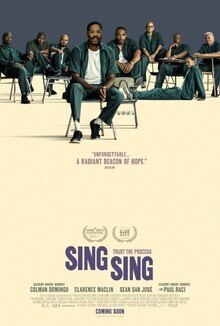
Sing Sing
Matt Zoller Seitz
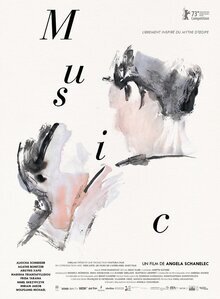
Music
Glenn Kenny
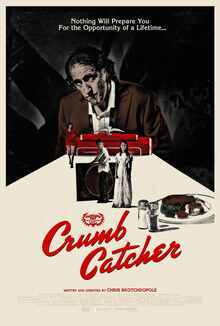
Crumb Catcher
Robert Daniels

Tiger Stripes
Monica Castillo

Hollywoodgate
Brian Tallerico

Lumina
Brian Tallerico
Film Credits
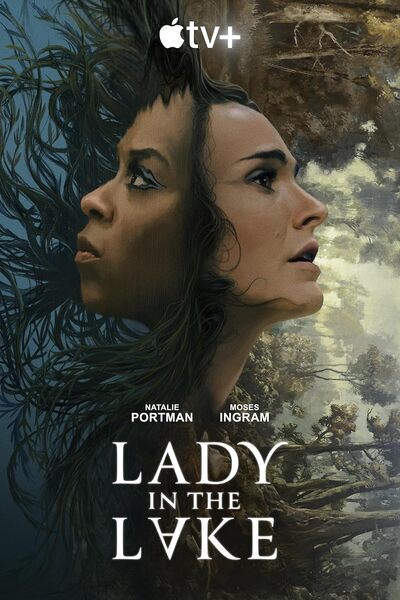
Lady in the Lake (2024)
Cast
Natalie Portmanas Maddie Schwartz
Moses Ingramas Cleo Johnson
Y’lan Noelas Ferdie Platt
Byron Bowersas Slappy Johnson
Josiah Crossas Reggie Robinson
Director
- Alma Har’el
Written by
- Alma Har’el
- Briana Belser
Latest blog posts
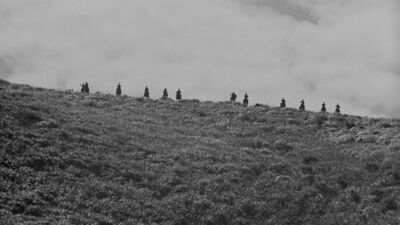
Seven Samurai Continues Its Ride Through Cinema’s Past and Future
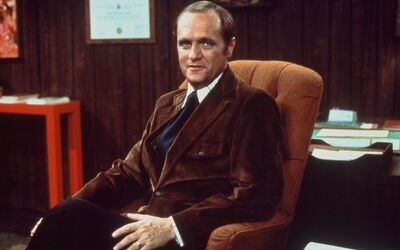
What About Bob? On the Legacy of One of the Best-Loved Comedians, Bob Newhart (1929-2024)
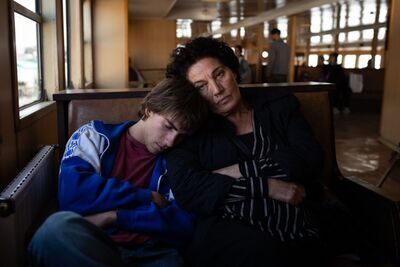
Levan Akin on Making Films His Way, the Queer Art That Shaped Him, and His Touching New Drama Crossing
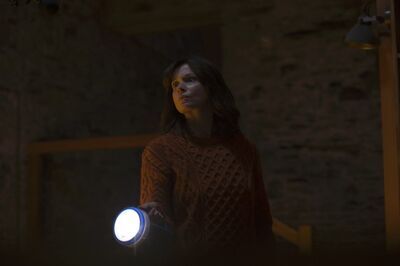
All About Suspense: Damian Mc Carthy on Oddity
Comments
comments powered by Disqus
